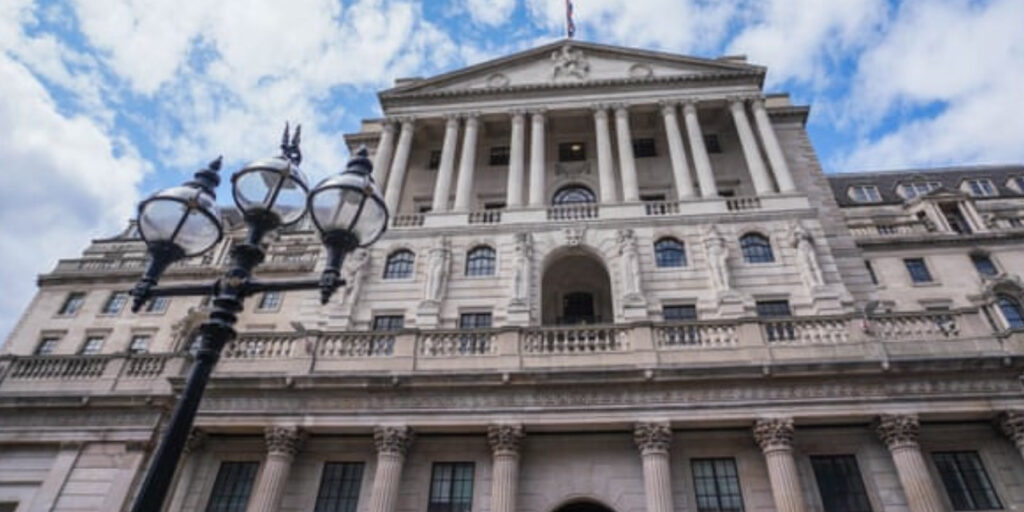In the wake of financial disturbances caused by President Donald Trump’s imposition of trade tariffs, the former Deputy Governor of the Bank of England, Charlie Bean, has advocated for a significant reduction in interest rates.
Bean suggests that the Bank should lower rates by at least half a percentage point to 4% during its next meeting to mitigate the economic disruption, which has erased trillions of pounds from global stock markets and weakened business and consumer confidence.
As a former chief economist at the Office for Budget Responsibility (OBR), Bean highlighted that the looming uncertainty is likely to compel businesses to postpone investments and impact consumer spending adversely.
Previously an advocate for maintaining higher interest rates, Bean now contends that the severe circumstances necessitated by Trump’s aggressive tariff strategy—dubbed the “liberation day” plan—warrant a substantial rate cut by the UK’s central bank.
Adding to the discourse, David Blanchflower, another ex-member of the Bank’s rate-setting committee, emphasised the need for an immediate response, suggesting an emergency meeting before the scheduled session on May 8 to deliberate on a significant reduction in borrowing costs.
Known for his opposition to rate hikes prior to the 2008 financial crisis, Blanchflower stresses the urgency of bolstering consumer confidence to avert a recession.
Financial markets currently anticipate a moderate rate cut to 4.25% in May, with further reductions later in the year, potentially bringing the rate down to 3.75%. However, the OBR’s recent projections indicate that a prolonged global trade conflict could diminish the UK’s national income by 1%, extending an existing economic stagnation.
Trump’s trade measures have introduced a minimum 10% tariff on all imports to the U.S., with higher tariffs imposed on goods from the EU and China.
These tariffs have not only escalated costs but have also introduced significant uncertainty, disrupting buying and investment decisions across business and consumer sectors.
Bean argues for a more decisive action than what the financial markets foresee, drawing parallels to November 2008 when an unexpected 1.5 percentage point cut was implemented in response to a sudden economic downturn.
While the current tariff-induced shock may not equate to the 2008 crisis in magnitude, Bean asserts that it is a significant disinflationary shock that requires a robust response from the Bank of England.
Moreover, the potential for financial accidents has increased, as adjustments to the new tariff regime could precipitate wider economic turmoil similar to past financial crises triggered by policy shifts.


